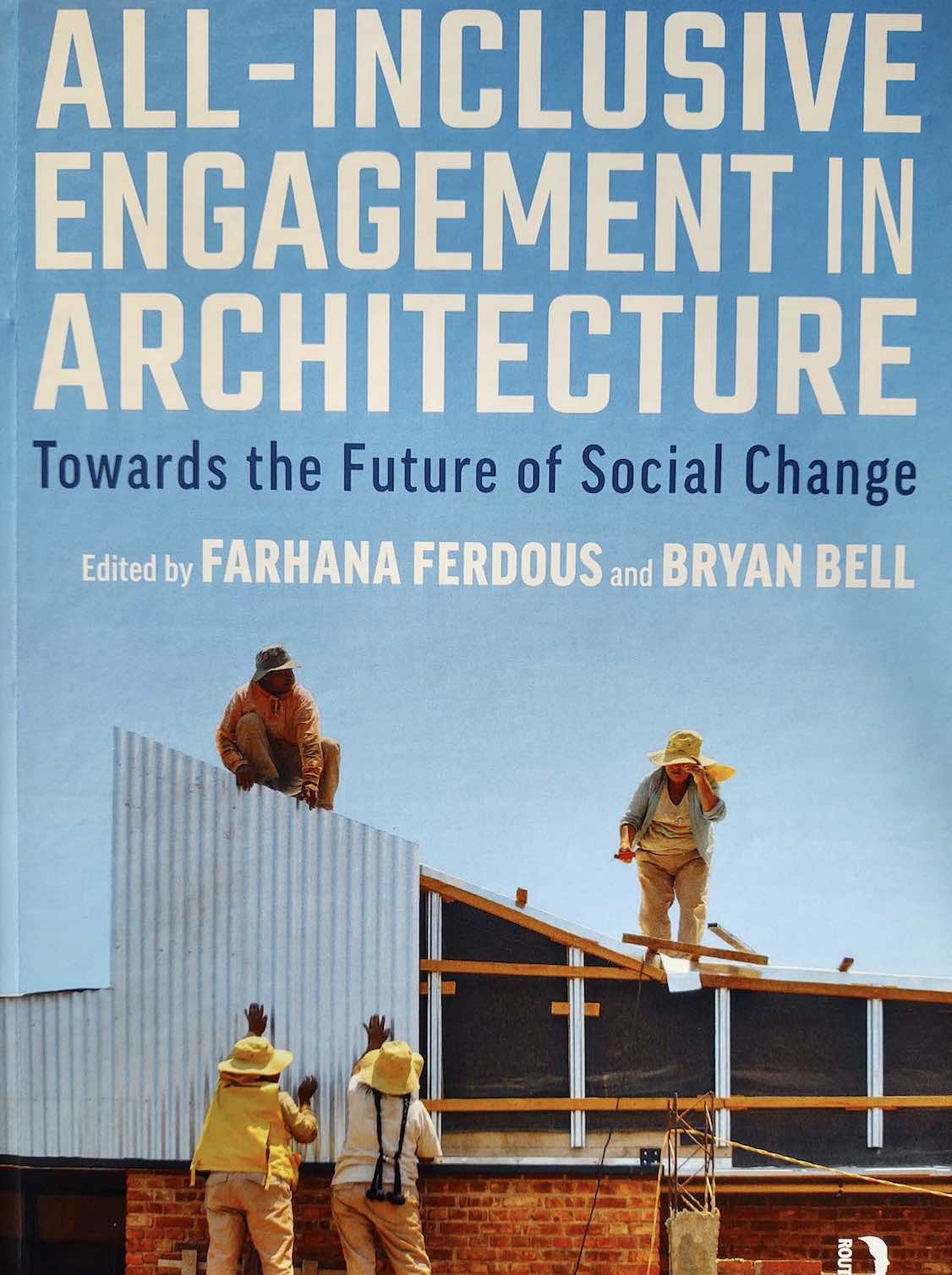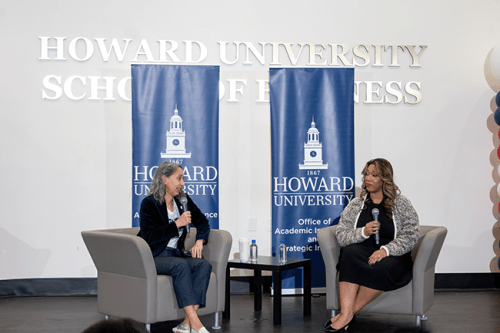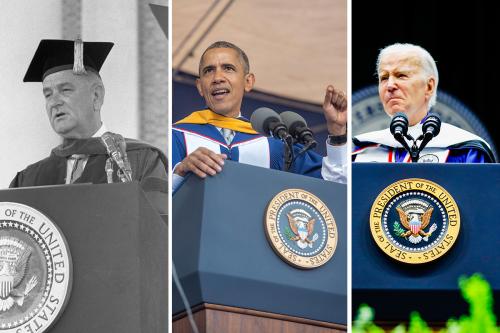
WASHINGTON – Howard University architecture assistant professor Farhana Ferdous, Ph.D., has co-edited the recent Routledge publication, “All-Inclusive Engagement in Architecture: Towards the Future of Social Change.” The volume is a compilation of the works and scholarly ideas of 58 thought leaders from around the world on social change and architecture.
 In the volume, authors navigate a range of global political issues, including poverty, charity, health, technology and neoliberal urbanism. The exclusionary basis of the architecture discipline itself is also brought to light in the volume’s in-depth analysis of public interest design.
In the volume, authors navigate a range of global political issues, including poverty, charity, health, technology and neoliberal urbanism. The exclusionary basis of the architecture discipline itself is also brought to light in the volume’s in-depth analysis of public interest design.
“’All-Inclusive Engagement in Architecture’ defines collaboration and engagement in diverse sectors of the built and social environment,” said Ferdous. The volume’s other co-editor is Bryan Bell, associate professor at the North Carolina State University School of Architecture. The aim of the volume is to generate a critical discourse on the impact of “inclusive engagement” in architecture as a catalyst for future social change.
“Bryan and I would like to define this inclusive engagement as an integrated approach of engagement to understand the process and production of architecture that can create and fulfill a future of social changes,” Ferdous said. “As we experience unique historical times with continued social upheaval and political unrest, this book could not have been timelier.”
“I applaud Dr. Ferdous and her colleague, Professor Bell, for taking on this timely and important topic of inclusive engagement,” said Hazel Ruth Edwards, Ph.D., chair of the Department of Architecture at Howard University. “Producing an edited volume with over 50 contributors is no small feat. The work, which is presented as scholarly theoretical essays and case studies, gives educators and practitioners a way forward for wellness and resiliency as we navigate the impact of social injustices and COVID-19 experienced this past year.”
For more information, please contact Hayya B. Shah in the College of Engineering and Architecture, via hayya.shah@Howard.edu.
About Howard University
Founded in 1867, Howard University is a private, research university that is comprised of 13 schools and colleges. Students pursue more than 140 programs of study leading to undergraduate, graduate and professional degrees. The University operates with a commitment to Excellence in Truth and Service and has produced one Schwarzman Scholar, three Marshall Scholars, four Rhodes Scholars, 12 Truman Scholars, 25 Pickering Fellows and more than 165 Fulbright recipients. Howard also produces more on-campus African-American Ph.D. recipients than any other university in the United States. For more information on Howard University, visit www.howard.edu.




